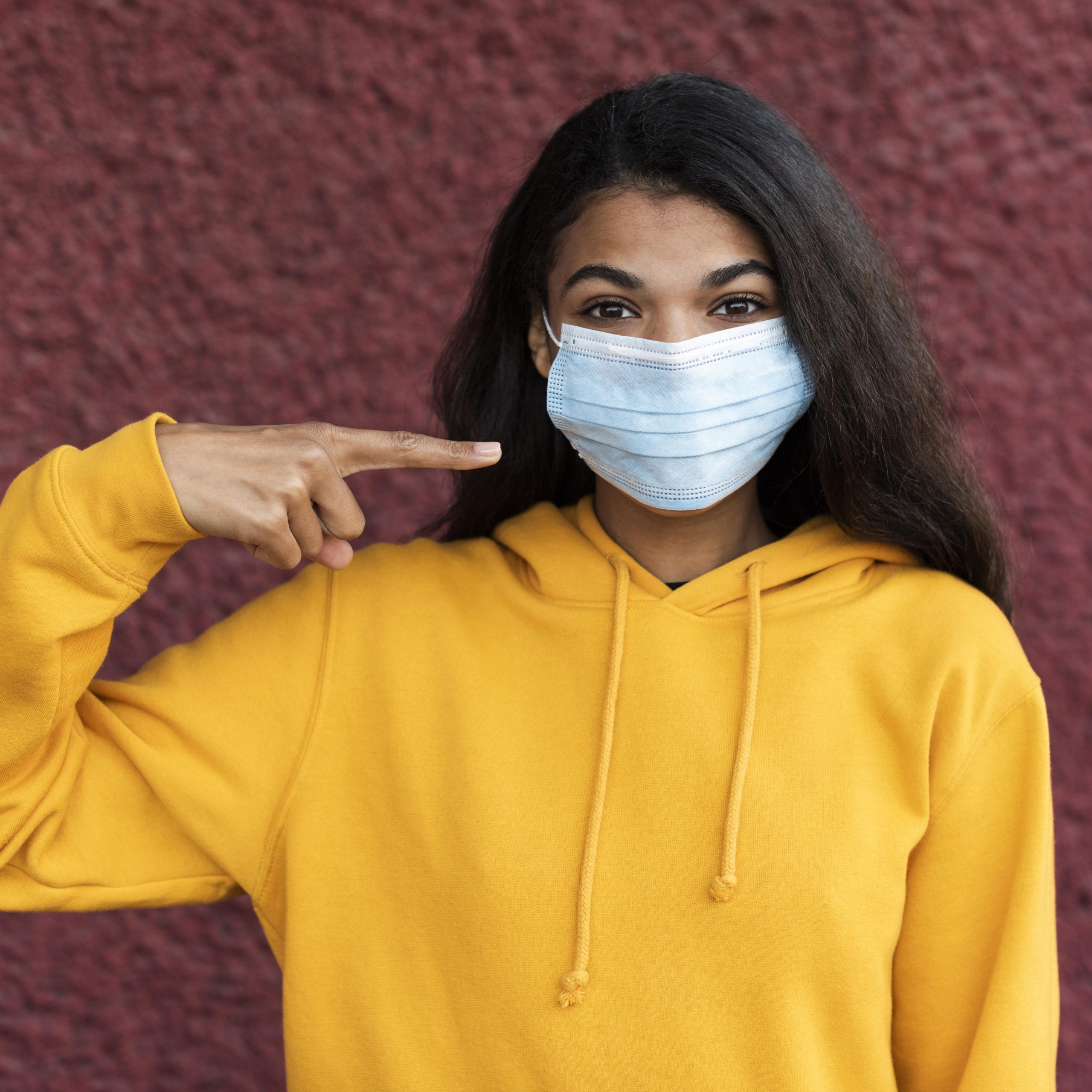Common Respiratory Infections and How to Prevent Them
Respiratory infections are among the most common health concerns affecting people of all ages, especially during changes in weather or in environments with poor air quality. They can range from mild conditions like the common cold to more serious infections such as pneumonia or bronchitis.
At Tranquil and Quest Specialist Hospital (TQSH), we believe that awareness and early prevention are key to protecting your respiratory health. Understanding how these infections spread and how to prevent them can make a significant difference in your overall well-being.

What Are Respiratory Infections?
Respiratory infections occur when viruses or bacteria affect the airways, lungs, or other parts of the respiratory system. These infections are typically spread through droplets when an infected person coughs, sneezes, or talks. They are broadly categorized into:
- Upper respiratory infections (URIs): Affecting the nose, throat, and sinuses (e.g., common cold, sinusitis, tonsillitis).
- Lower respiratory infections (LRIs): Affecting the lungs and lower airways (e.g., pneumonia, bronchitis, tuberculosis).
Common Symptoms
While symptoms can vary depending on the infection, the most frequent include:
- Coughing and sneezing
- Sore throat
- Runny or stuffy nose
- Fever or chills
- Shortness of breath
- Fatigue or body aches
If symptoms persist beyond a few days or worsen, it’s important to seek medical attention to prevent complications.
Common Types of Respiratory Infections
1. Common Cold
Usually caused by viruses, the cold leads to mild symptoms such as nasal congestion, sneezing, and sore throat. Rest, hydration, and over-the-counter remedies can help relieve symptoms.
2. Influenza (Flu)
A viral infection that spreads easily and can cause severe illness. Annual flu vaccination is the best preventive measure.
3. Bronchitis
Inflammation of the bronchial tubes, often following a cold or flu. Symptoms include persistent cough, chest discomfort, and mucus production.
4. Pneumonia
A serious lung infection that can be caused by bacteria, viruses, or fungi. It often requires medical evaluation and sometimes hospitalization.
5. Tuberculosis (TB)
A bacterial infection that primarily affects the lungs but can spread to other organs. Early diagnosis and treatment are critical.
How to Prevent Respiratory Infections
1. Maintain Good Hygiene
- Wash your hands regularly with soap and water.
- Avoid touching your face, especially your mouth and nose.
2. Strengthen Your Immune System
- Eat a balanced diet rich in fruits and vegetables.
- Stay physically active and get adequate sleep.
- Manage stress effectively.
3. Get Vaccinated
Vaccinations such as flu shots, COVID-19 vaccines, and pneumonia vaccines greatly reduce the risk of severe infections.
4. Keep Your Environment Clean
- Disinfect commonly touched surfaces like doorknobs and phones.
- Ensure proper ventilation at home and in workplaces.
5. Avoid Exposure to Smoke and Pollutants
Smoking and inhaling polluted air can damage your lungs and make you more vulnerable to infections.
“Your lungs work hard every second—take care of them, and they’ll take care of you.”
Medical Director, TQSH
When to See a Doctor
Seek medical attention immediately if you experience:
- Persistent fever or cough
- Difficulty breathing
- Chest pain
- Symptoms lasting more than 10 days
- Coughing up blood
At Tranquil and Quest Specialist Hospital, our skilled healthcare professionals are equipped to diagnose and treat all forms of respiratory infections using advanced diagnostic tools and personalized care plans.
Take a Breath of Relief with TQSH
If you or your loved one is experiencing respiratory symptoms, don’t wait. Visit Tranquil and Quest Specialist Hospital today for expert evaluation and treatment.
Together, we can help you breathe easier and live healthier.






